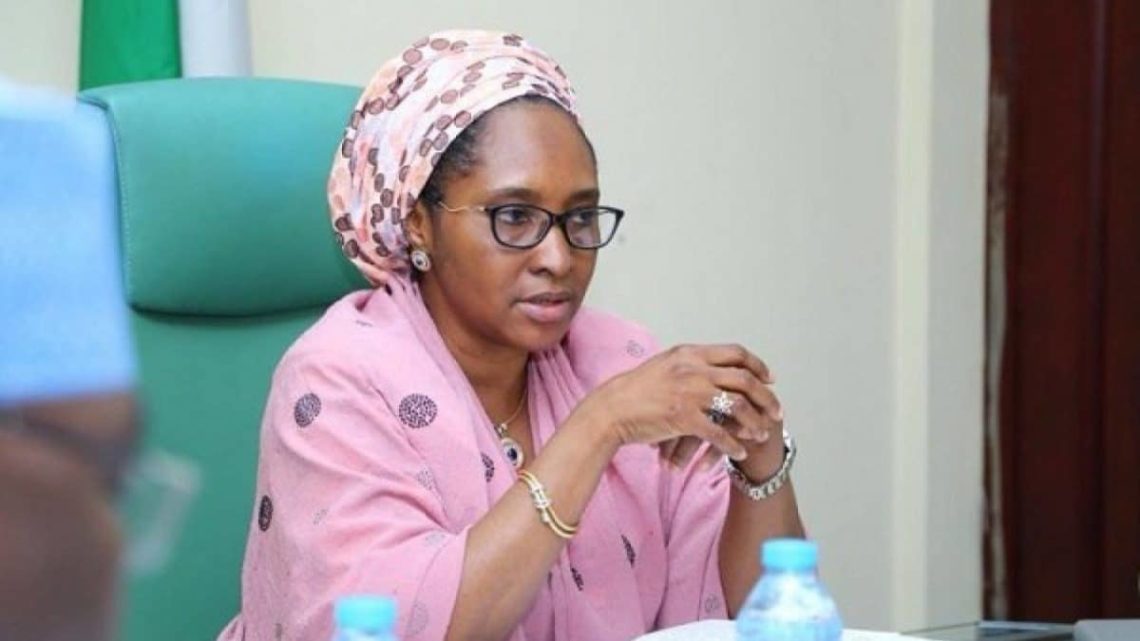With just eight months to go for the President Muhammed Buhari led government to pass the baton on to its successor, the new administration may be inheriting a debt burden of close to N80 trillion. This is as analysts and stakeholders continue to harp on the government to slow down on its borrowing spree.
With a current debt stock of N41.6 trillion as at March this year, a Ways and Means borrowing of over N19.9 trillion, FGN Bonds worth over N5.1 trillion issued since April and a projected deficit of over N11 trillion to finance the budget of 2023, the country is already looking at a debt burden of Over N77.6 trillion. This excludes the bonds that would still be raised before 2022 runs out.
Already the country is at risk of borrowing to pay interests on its debt obligations as the Minister of Finance, Budget and National Planning, Mrs. Zainab Ahmed had sounded the alarm bells when she revealed that the country’s debt service cost in the first four months of the year was N1.94 trillion, N310 billion higher than the actual revenue received during the period.
According to her, federal government’s retained revenue for the period was only N1.63 trillion, 49 per cent of the pro rata target of N3.32 trillion. This means that the government had spent 118 per cent of its revenue on servicing its debt. Irrespective of this, the minster while presenting the 2023-2025 Medium Term Expenditure Framework (MTEF) and Fiscal Strategy Paper (FSP), had disclosed that the federal government will borrow over N11 trillion and sell national assets to finance the budget deficit in 2023.
She also said the government’s budget deficit is expected to exceed N12.42 trillion if it should keep the petroleum subsidy for the entire 2023 fiscal cycle. She explained that the first option involves retaining the petroleum subsidy for the entire 2023 fiscal year.
Ahmed said in the first scenario, the deficit is projected to be N12.41 trillion in 2023, up from N7.35 trillion budgeted in 2022, representing 196 per cent of total revenue or 5.50 per cent of the estimated GDP. In this option, she added, the government would spend N6.72 trillion on subsidy.
She furthered that the second option involves keeping the subsidy till June 2023 and that this scenario will take the deficit to N11.30 trillion, which is 5.01 per cent of the estimated GDP. In this option, the PMS subsidy is projected to gulp N3.3 trillion.
A member of the Monetary Policy Committee (MPC), Professor Mike Obadan, called for the rationalisation of the structure of spending, especially of non-capital expenditure items to eliminate wastes and minimise the need for ways and means advances and debt accumulation. The quality of public expenditure needs to improve significantly to enhance the output-capital ratio.
Speaking on the legacy of debt, renowned economist and former director general of the West African Institute of Financial and Economic Management, Prof. Akpan Ekpo, stressed the need for the government to put ‘cap its borrowings’ at the moment.
Noting that there is nothing wrong in borrowing provided it is to finance hard infrastructure that has a long-term positive effect, he stated that “the problem with Nigerian borrowing is that there is not much transparency we don’t know what they are borrowing for.
“Also important is the fact that debt service is too high. If you look at every budget virtually almost one tenth is used to service debt and we have not even started touching the debt. So, we have to be cautious. The government will argue that debt to GDP allows them room to borrow but GDP does not pay debt, revenue pays debt and if you take revenue to debt ratio, we can’t even borrow at all because two third of revenue comes from oil and the revenue from oil is not a sure revenue.
“I don’t envy any government coming in. Debt is a problem on one side and other problems on the other side. And more importantly, these debts will be paid by the future generation. If we are not careful the future generations will abuse us in our graves because they will see the debt and not see what it was used for. No good roads, no good railways, no water, education is in disarray, health system exposed by the COVID-19 is in trouble. Time flies and in no time 20 years have passed and we are still servicing the debts. We should not borrow because we have space to borrow or because we have B+ ratings by rating agencies. They are getting us more and more indebted.”





